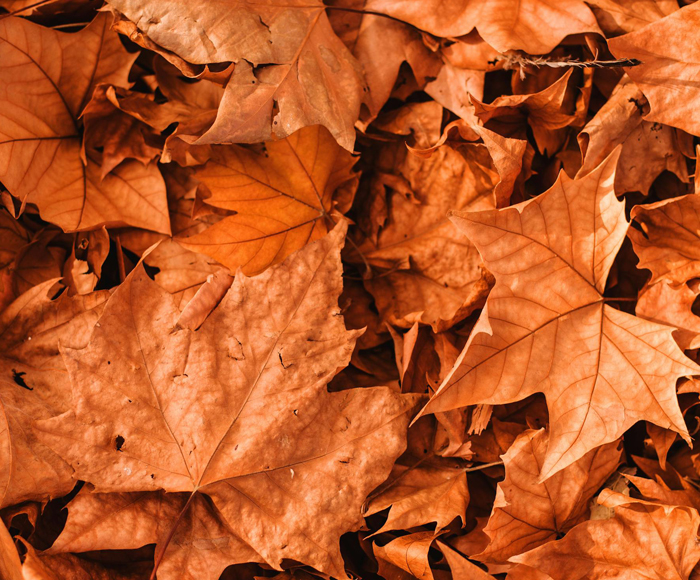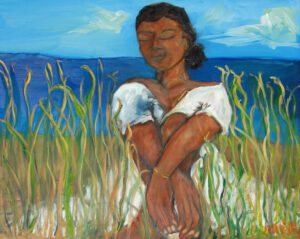As Thanksgiving approaches, it’s a time for reflection and gratitude, a moment to gather with loved ones and celebrate the blessings in our lives. But amid the festivities and familiar narratives of this holiday, it’s crucial to pause and acknowledge a different story—one that often gets overshadowed by the popular tale of pilgrims and the first Thanksgiving.
For many, Thanksgiving represents a time to honor the rich cultures and traditions of indigenous peoples, whose deep-rooted history in this land predates the arrival of European settlers. As an artist deeply connected to my heritage and culture, I believe it’s essential to shed light on the narratives that often remain unheard or overlooked.
“In particular, I find myself drawn to the story of the Gullah people, whose vibrant culture thrives on Hilton Head Island and whose history is intertwined with the complex narrative of colonization.”
Marquita Willis
On Hilton Head Island, the Gullah community has preserved its language, art, cuisine, and customs, creating a living testament to the resilience of their ancestors. However, their story is not without the impact of colonization—a history that echoes the struggles faced by indigenous communities across the nation.
Colonization brought profound changes to the Gullah way of life, altering their connection to the land and disrupting their traditions. Land dispossession, cultural erasure, and economic challenges have posed ongoing threats to the preservation of their heritage. Yet, despite these adversities, the Gullah people have persevered, holding steadfast to their identity and heritage.
As an artist, I find inspiration in the vibrant artistry of the Gullah Geechee people. Their distinctive music, storytelling, sweetgrass basket weaving, and culinary traditions reflect a profound connection to their roots and serve as a reminder of the importance of honoring indigenous cultures.
This Thanksgiving, let’s take a moment to acknowledge and appreciate the rich tapestry of indigenous cultures, including the invaluable contributions of the Gullah people. Let’s celebrate their resilience, honor their traditions, and support efforts aimed at preserving their cultural legacy.
As we gather around tables laden with delicious food, let’s remember the diverse culinary heritage that indigenous communities have gifted us. Let’s embrace a deeper understanding of the land we occupy and recognize the narratives that have shaped it for centuries.
In doing so, we not only pay homage to the indigenous roots of this land but also commit ourselves to a future where the stories, art, and cultures of all communities, especially those historically marginalized, are cherished and celebrated. This Thanksgiving, let’s cultivate gratitude, empathy, and a commitment to preserving the rich tapestry of indigenous cultures that continue to enrich our lives.



